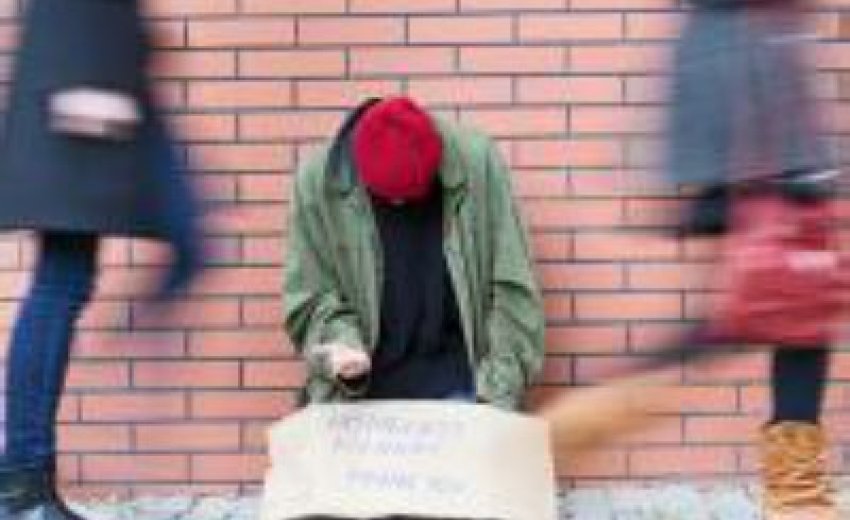02/10/2016: Five weeks into my DC journey, and I’m still going strong! I’ve learned to work a room at a networking event, strike a balance between my internship and classes, and aimlessly wander around the city without finding myself helplessly lost. Having also recently learned how to adjust to homesickness after studying abroad last semester, I feel as if I’m limitlessly exploring a unique space that seems to hold opportunity at every corner.
To glean over some quick highlights, these past few weeks have been packed with the following: I survived my first blizzard as a Cali-bred boy, built an igloo, sledded down Capitol Hill, visited the “Wonder” exhibit at the Renwick gallery, took a trip to George Washington’s home in Mount Vernon, observed the Changing of the Guard at the Arlington National Cemetery, watched two theater productions, kicked it at the Kennedy Center, and hit up multiple DC eateries with coworkers and friends. In short, life’s goooooood!
 |
| Matsui Washington Fellow 2016 Placement: Brookings Institution's Center for Effective Public Management Major: Political Science Gurchit is in his Senior year studying Political Science. After spending the Summer of 2015 working in India and Fall studying abroad in Paris, Gurchit is looking forward to drawing from his experiences abroad to comparatively research Corporate Social Responsibility in the US, India, and Japan. As a participant in the Spring 2016 UCDC program, he will be interning at the Brookings Institution's Center for Effective Public Management. "I am grateful to the Matsui Center for helping sponsor this amazing learning experience in D.C.!" |
With all the amazing things I’ve been able to experience, however, also come some significant moments of reflection.
I come from a financially teetering family — we’re privileged enough to not fall below the poverty line, but we’ve also bore the burden of financial insecurity characterized by the lower-middle class experience. My parents immigrated to the U.S. from India and Liberia in the mid 1990s, working blue-collar jobs before saving to start their own travel agency. Things were swell for a couple years, but following 9/11, our lives became a tad complicated. As Sikh Americans, not only were we forced to cope with being profiled as terrorists, but also, my parents worked tirelessly to save a tanking family business.
Fast-forward eight years or so, and as I hinted at in my last post, here I am for the first time in my life soaking up all the joys of anxiety-free spending (shoutouts to the Matsui Center, Cal, and every other generous donor that continues to support me). Whereas I grew up thinking that asking for $5 for a quick bite at McDonalds would cause my parents to go bankrupt, I now find myself indulging in $25 meals without a blink of an eye. Whereas I grew up running short on excuses to explain to my friends why I couldn’t hang out after school, I now find myself seamlessly mingling with the very cliques I envied. Whereas I grew up trying to empathize with the homeless man huddled in the overpass on Rinaldi and Laurel Canyon Boulevard, I now find myself unquestioningly refusing to spare change to the nearly 1-in-5 D.C. residents crippled by poverty.
It seems that when my anxiety decided to depart, a bit of my identity and compassion couldn’t resist tagging along either.
Professors Paul Piff and Dacher Keltner from UC Berkeley’s Department of Psychology probably wouldn’t disagree. In their 2010 paper, the duo found in four separate studies that lower income individuals were more generous, charitable, trusting, and helpful than their wealthier counterparts. Further, in collecting data on mediating and moderating variables, Piff and Keltner find that the lower class’ communal behavior is linked to greater feelings of egalitarianism and compassion.
So, what are the implications? As I continue my journey in D.C. and beyond, I’ve duly taken note of the cautions accompanying the ascension of society’s ladder. There is a very real possibility that the anxieties, hardships, and struggles I grew up with will play a smaller and smaller part in my life as I continue developing professionally. However, the burden to recall and implement lessons from my experiences still remains. I remain committed to pursuing a career in public service, while striving to remain connected with the realities of millions.

